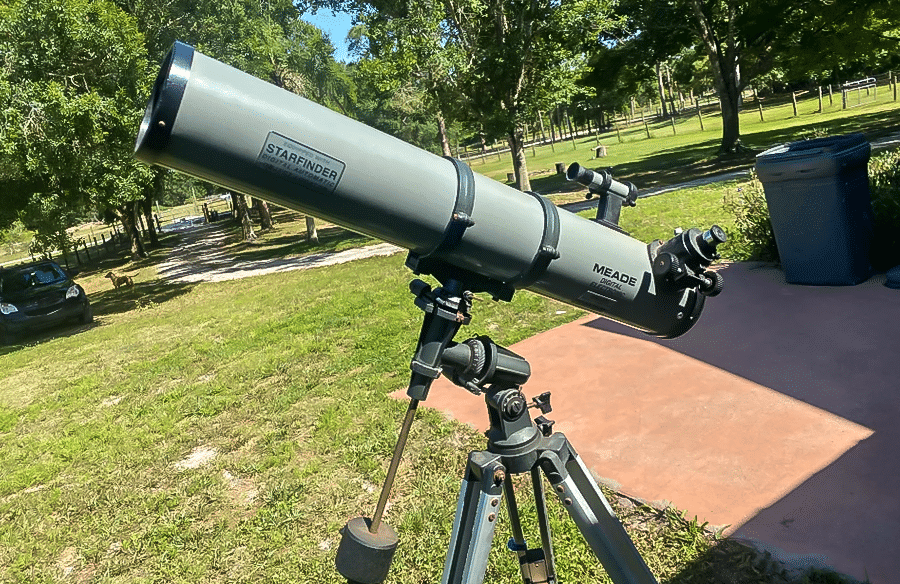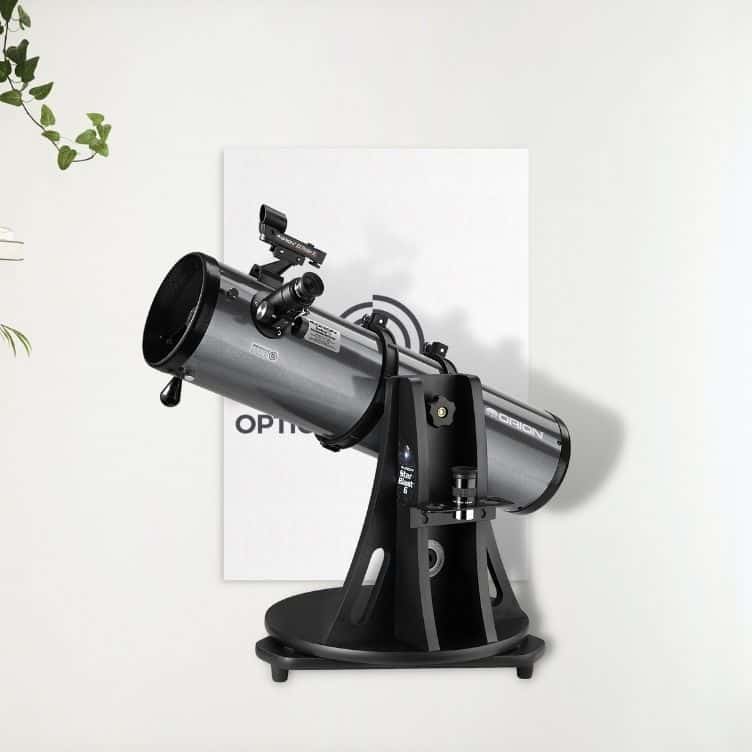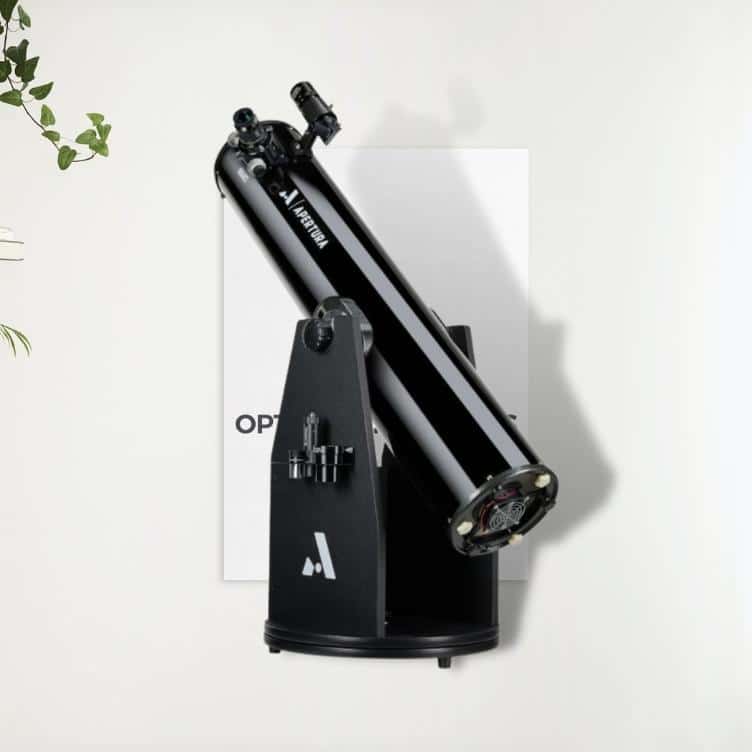
Hi everyone.
My name is Oliver Tinley, and first of all I wanted to thank you for stopping by Optical Mechanics.
I don’t have some crazy story about how I got into this, I just wanted to create a resource to help people learn about telescopes, binoculars and all things optical equipment.
While I’m not an expert in everything there is to know, the team here at Optical Mechanics are.
Our editorial team is made up of some of the best in their respected fields, from die hard enthusiasts to experienced professionals and published authors.
The team at Optical Mechanics will always put our readers first when it comes to how we do business and the content that we produce and thats something that we put our name to.
I’d like to thank you again for stopping by, please take a minute to check out the profiles of the rest of the team and find out what makes us tick.
Meet the Team
Below we have sorted our Posts by Author, so if you like a particular style, they should be easier to find.
Posts from Oliver
Urban Astrophotography: Deep-Sky Imaging Guide
Master deep-sky astrophotography under light pollution: gear, filters, exposure, stacking, and processing tips for stunning images from Bortle 7–9 cities.
Orion Constellation & Nebula: Observing and Science Guide
Find Orion in the night sky and explore Betelgeuse, Rigel, and the Orion Nebula. A practical, science-rich guide to observing, history, and star formation.
Gravitational Waves: Detection, Sources, and Science
Understand gravitational waves: how LIGO, Virgo, and pulsar timing arrays detect them, key sources, multi-messenger astronomy, and what comes next.
Posts from Richard
Posts from Zane

How to Focus a Telescope (Visually and Photographically)
Focusing a telescope may sound intimidating, but it’s actually a remarkably easy process. In this article, we will explain what how to focus a telescope actually means, how focusers work, and why it’s important. Most telescopes have an external focusing device that physically shifts the eyepiece or camera back and forth along the optical axis

Orion StarBlast 6 Tabletop Telescope Review
The Orion StarBlast 6 is a larger counterpart to the 114mm/4.5” StarBlast unit, and like the 4.5” model, comes in two configurations – albeit drastically less different. The base StarBlast 6 package can also be upgraded to or purchased as the StarBlast 6i, which has no differences whatsoever apart from adding Orion’s IntelliScope controller and

The Best Refractor Telescopes, Period
Ask most people to picture a telescope, and chances are they’ll think of a refractor. Refractors were the first telescope invented, they were responsible for many of the earliest astronomical discoveries, and when people think of telescopes – be it of Galileo, Lowell, or James Bond – they think of refractors. Refractors use a glass
Posts from Alan
Posts from Jordanne

How Long After Sunset is it Dark?
Let’s Get Started… We get the question “how long after sunset is it dark?” a LOT. Knowing the time of darkness after sunset is important to many astronomers and astrophotographers. Unfortunately, however, it is not a straight answer for every situation; one must consider things such as latitude, season, and altitude. What is “Astrodark”? Astrodark

Apertura AD8 Dobsonian Telescope Review – Our Top Pick
The Apertura AD8 is one of High Point Scientific’s mid-range Dobsonian reflector telescopes, which is comparable to GSO’s 8” Dobsonian and Orion’s XT8. This is a great budget-friendly telescope for beginners and experienced astronomers alike. Key Features The Optical Tube Assembly The Apertura AD8 is a Newtonian-style reflector mounted on a Dobsonian alt-azimuth base. Like
Post from Andrew
How to Capture Stunning Photos of the Moon with a Smartphone: A Complete Guide
The Moon is a mesmerizing subject for photography, easily within reach for amateur photographers equipped with a smartphone. By adjusting the right settings and employing a few tricks and accessories, you can capture stunning images of the Moon with and without a telescope. This article will cover Moon photography just using a Smartphone, and then
How to Fix a Telescope That Won’t Stay Aligned with Celestial Objects
Telescopes are incredible tools that open up the universe for amateur astronomers. But one of the most frustrating issues users face is when their telescope won’t stay aligned with celestial objects, leading to constant repositioning. This common problem can affect beginners and seasoned astronomers alike. In this article, we’ll delve into the possible causes behind
